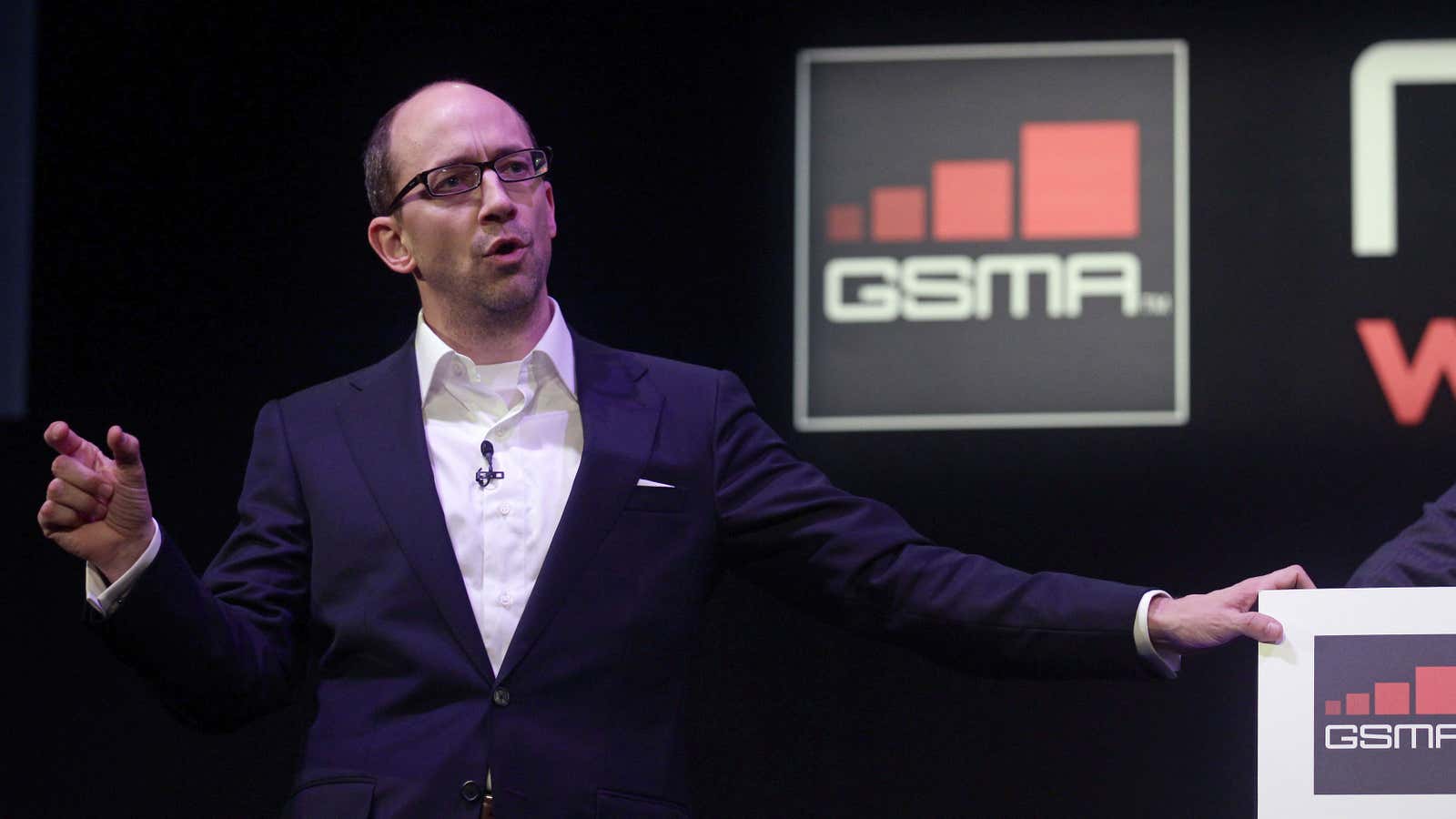The more financial analysts cover a company, the worse it is at innovating.
That’s one hypothesis you could arrive at by reading Harvard professor Clayton Christensen’s classic business tome The Innovator’s Dilemma.
Now researchers Jack He and Xuan Tian have lent statistical support to the idea, with a study tracking more than 2,000 publicly listed US companies over 12 years that measured innovation through the number of patents filed and the number of times each patent was cited in academic papers. (The more citations a patent receives, they reasoned, the more significant the technological breakthrough.)
In a recent paper published by the Journal of Financial Economics, He and Tian demonstrated that companies produce fewer, and less-significant patents the more financial analysts cover them. Their conclusion is that analysts—and their investor clients—have little tolerance for short-term failures, and company managers are sensitive to that. The result is that management is less likely to pursue the riskier long-term investments in areas such as research and development that lay the groundwork for innovation.
“That pressure to meet short-term earnings targets outweighs the benefits offered by analyst coverage,” says He, an assistant professor at the Terry College of Business at the University of Georgia. Benefits of analyst coverage include transparency of corporate information, which has historically been touted as a way to keep managers of public firms innovating.
Twitter CEO Dick Costolo, whose company filed to go public, recently told TV interviewer Katie Couric, “I don’t try to get caught up in short-term thinking about the company; we have a very specific goal on the horizon that we are trying to guide the company towards.”
Equity analysts are gearing up to cover the company as it approaches its IPO. If he wants to keep the internet firm innovating, Costolo should hope that coverage on his stock stays low.
